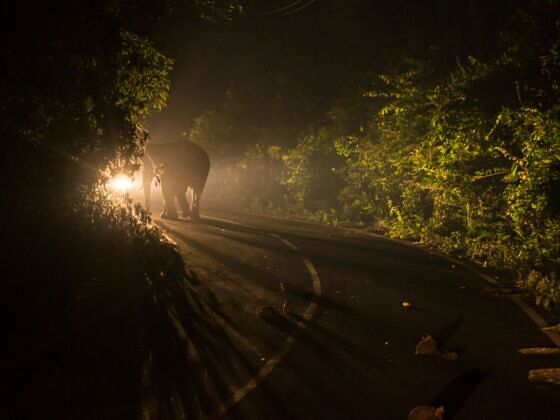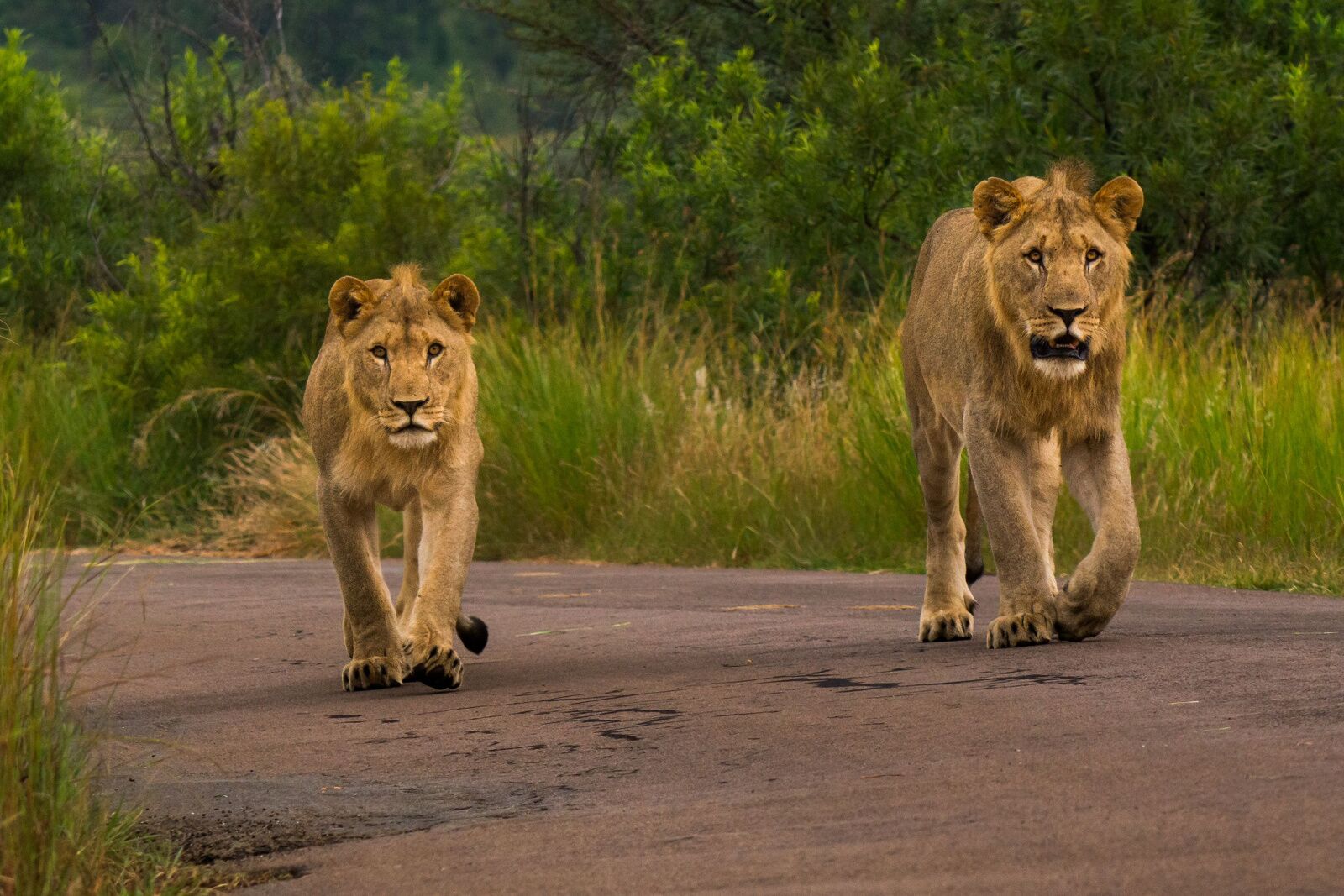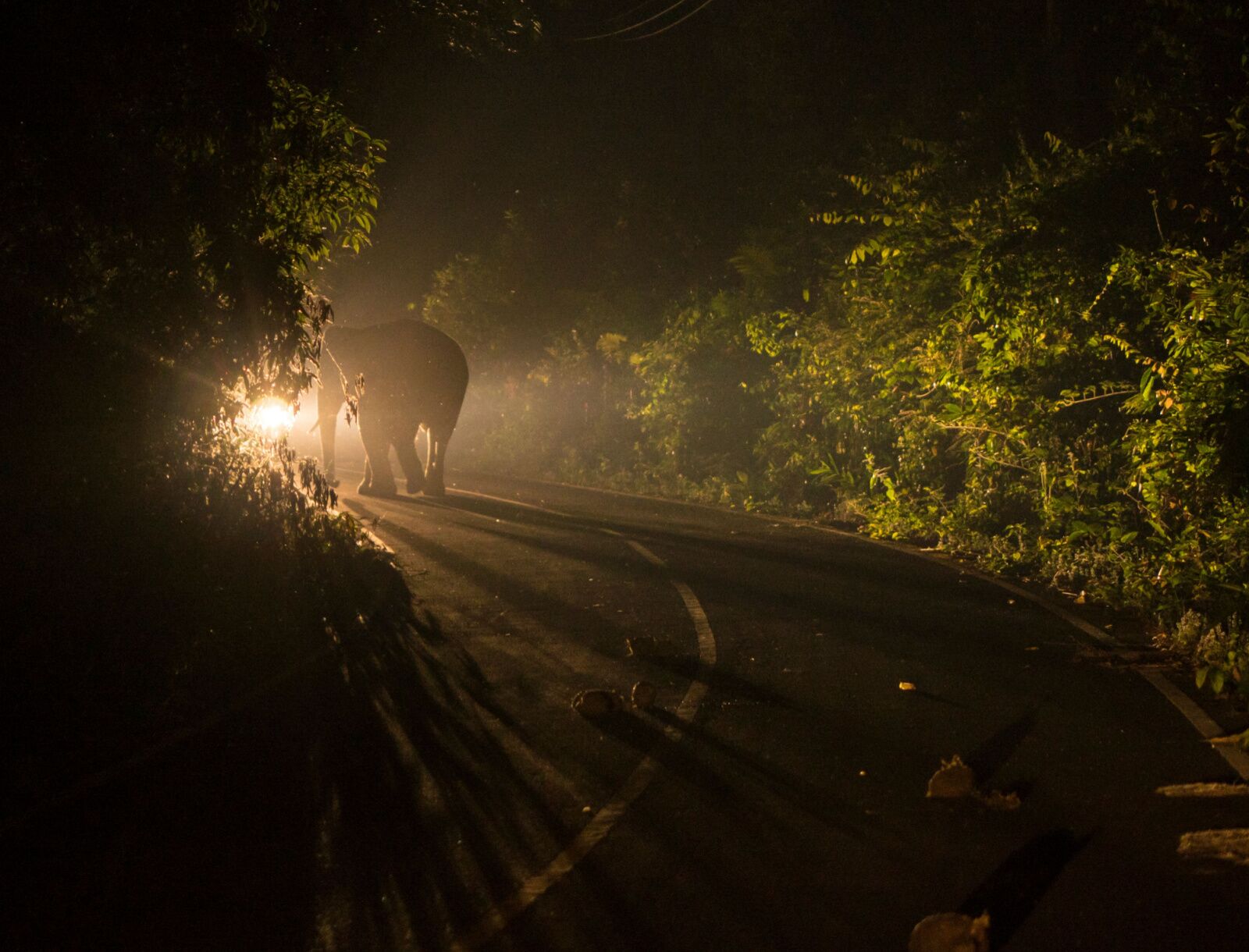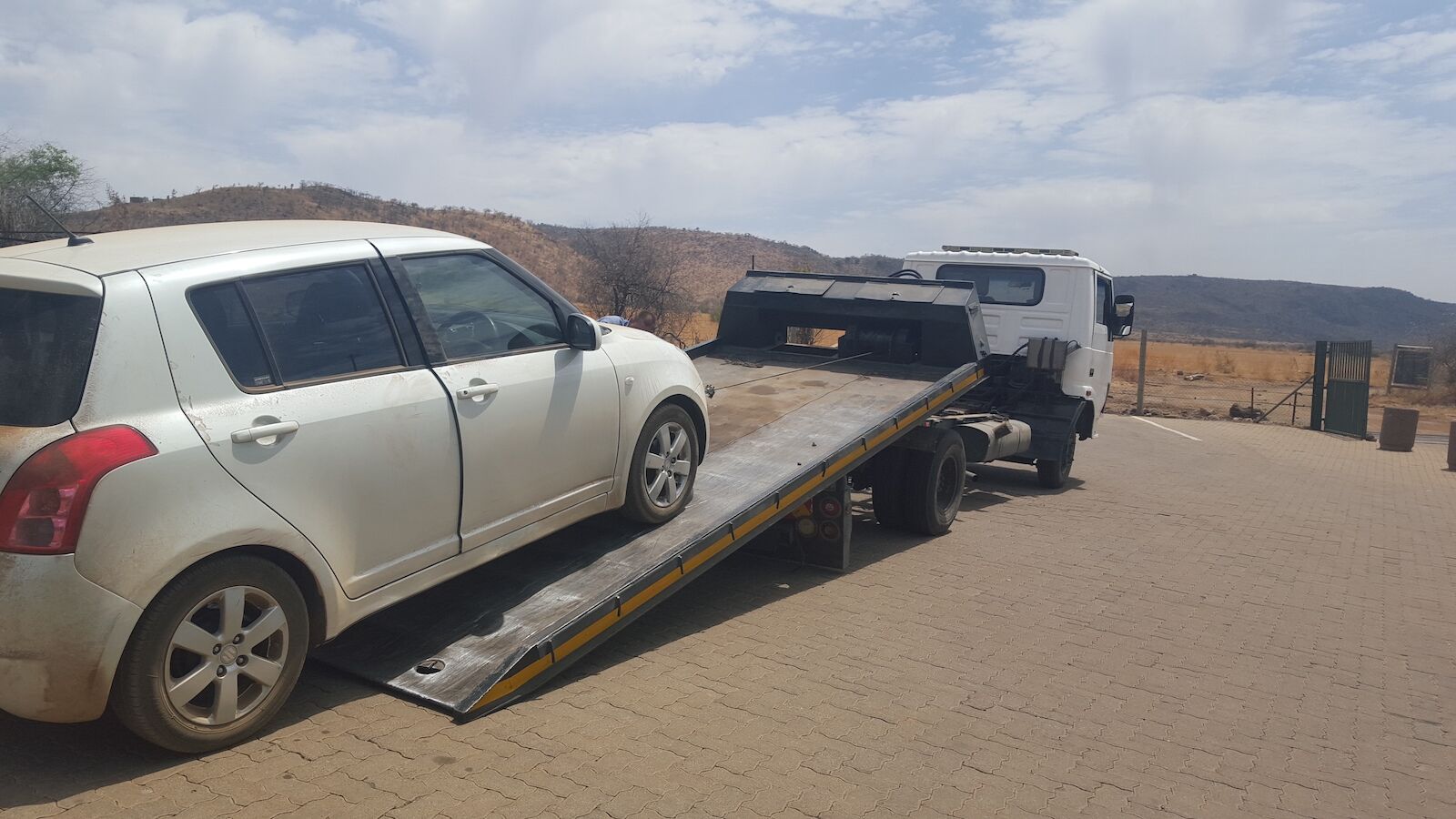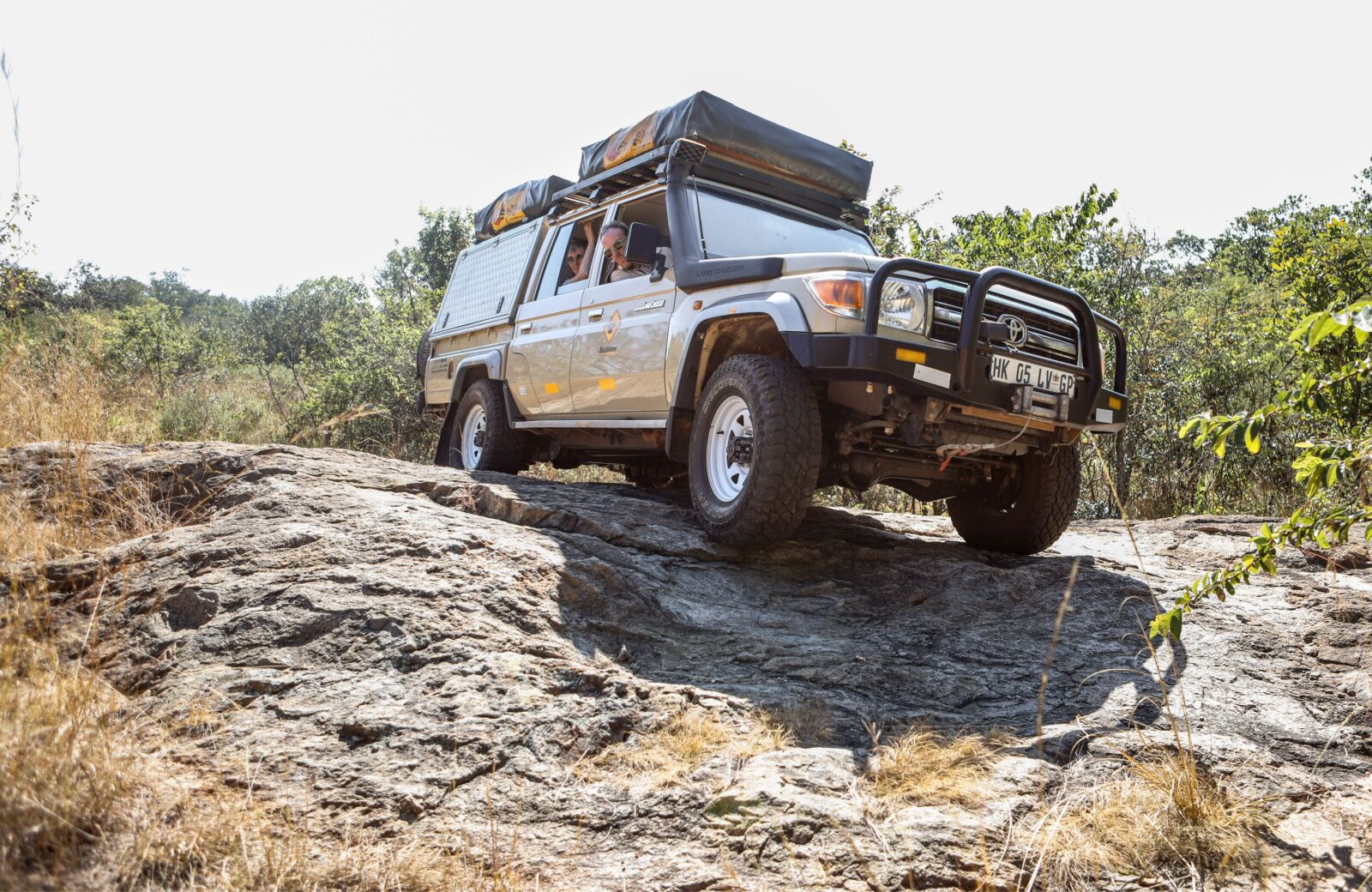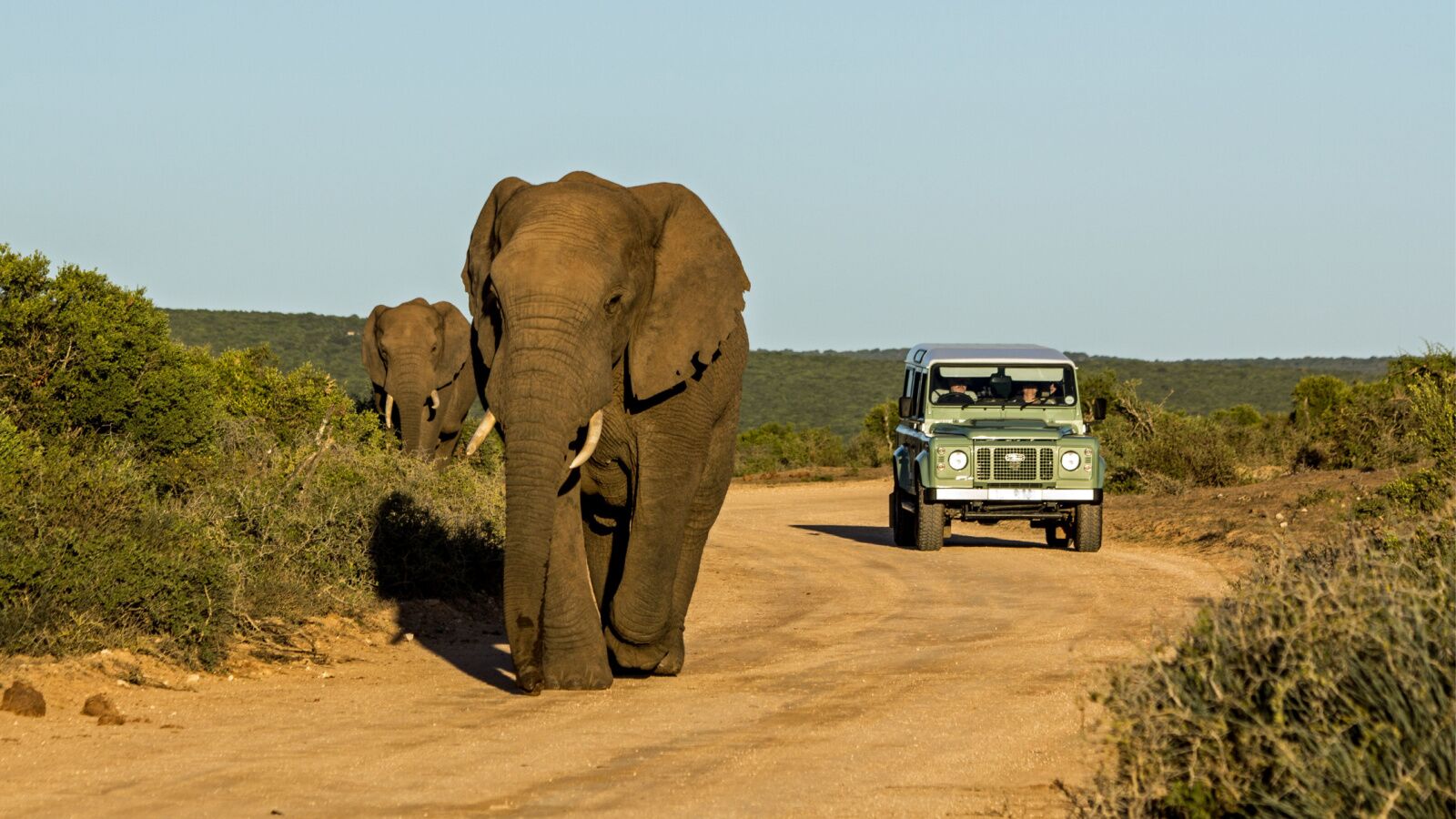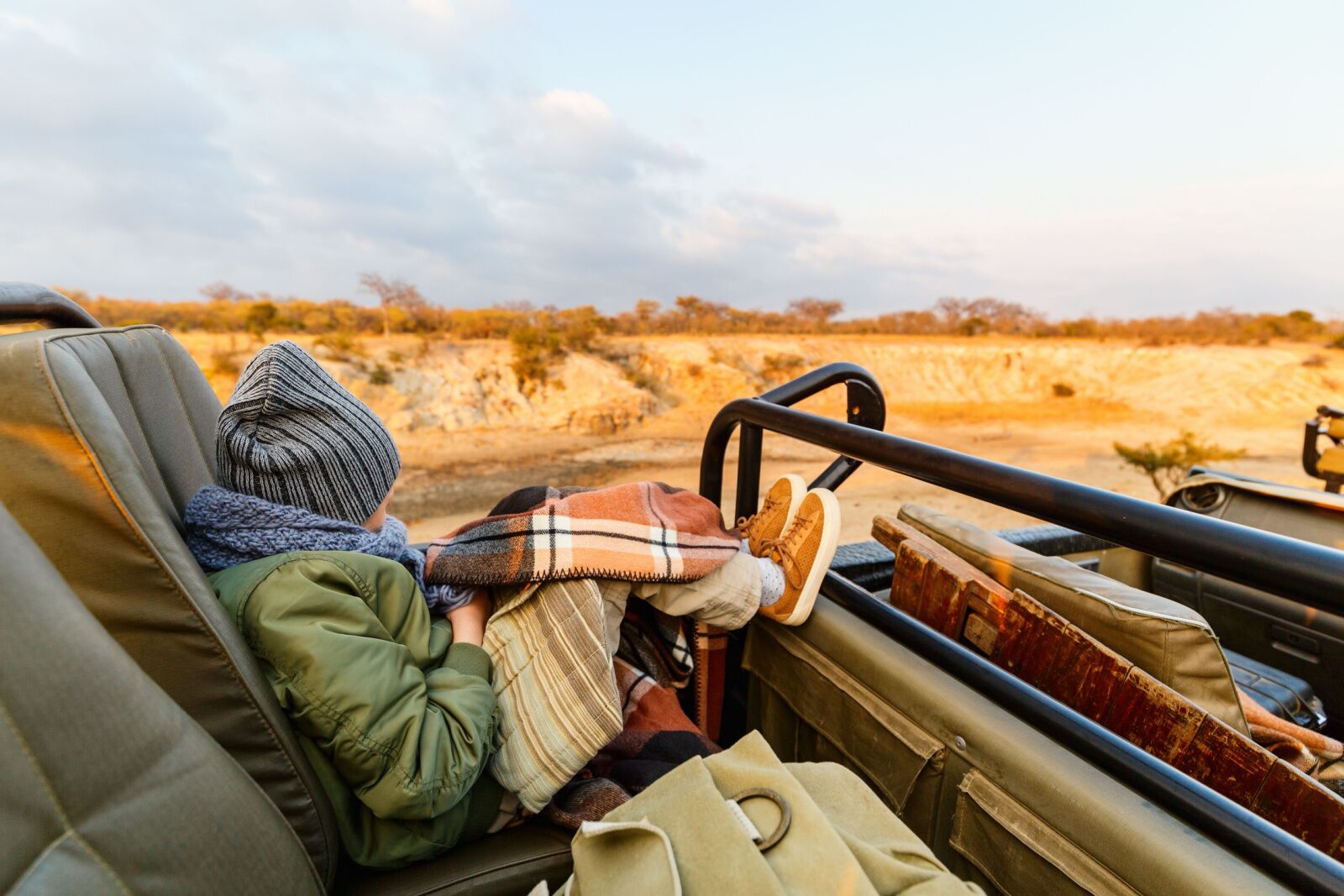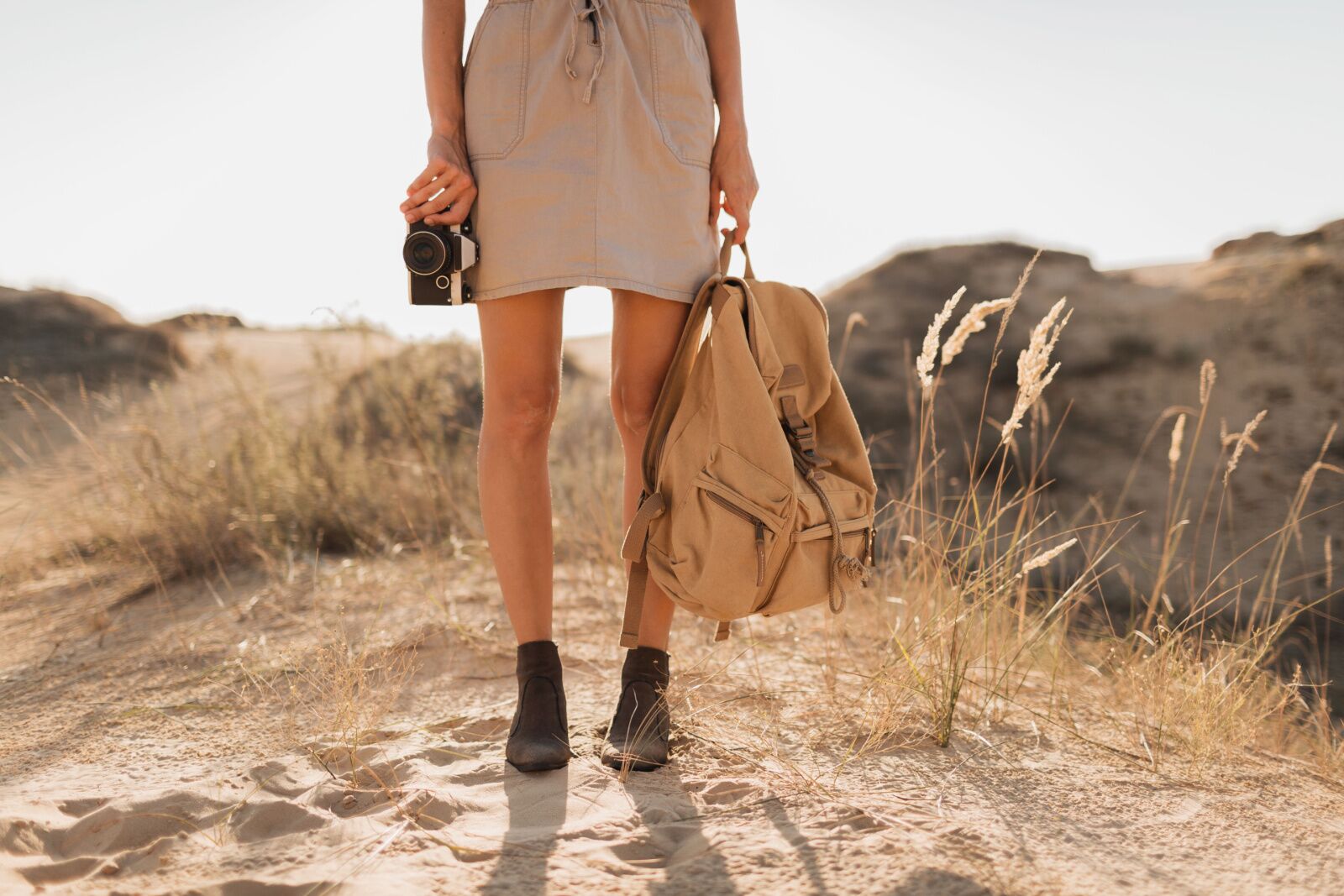In October 2019, my husband and I booked a weekend getaway in the Pilanesberg, a Big Five game reserve in South Africa. Work had been really stressful, so we figured a trip to a nearby reserve for a few game drives (or safaris, as they’re commonly known) would be just what we needed.
While there are numerous luxury hotels surrounding the national park, we stayed at one of the more discount options to save a few extra dollars. The desire to save some money was also why we opted to do a self-drive in our own car, rather than going with a guide or booking a seat in an official safari vehicle.
